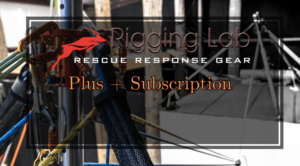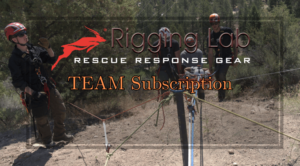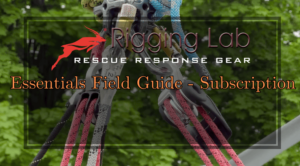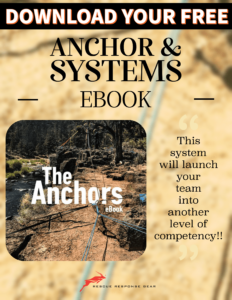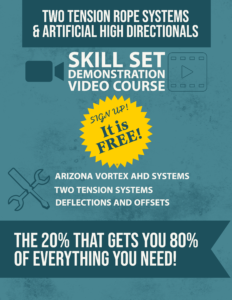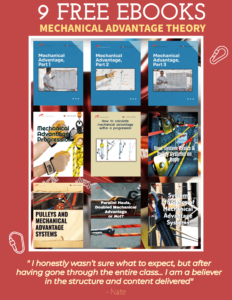 I get this question asked in a lot of ways. All though in many ways, this is really a no-brainer. In other ways, it becomes complicated.
I get this question asked in a lot of ways. All though in many ways, this is really a no-brainer. In other ways, it becomes complicated.
The no-brainer is answering the question from a logical standpoint. Ease of use. Does it have more than one use? Cost per use over time (amortization). The complicated answer would be the same plus… The time it takes to retrain an entire team on a new device. The actual cost of the device. Perceived benefit as compared to actual technical knowledge of the person making the decisions.
This blog is not meant (AT ALL), to give you the benefits of one over the other… Our videos can do this in ways simple text can’t. There are books and articles as well. I can tell you my thoughts, but again, that is not what this is about.
So why am I writing this? Because I get the frustration this question has in it. You literally may have no idea as to what the differences are because you were trained in only one way. Or… you are reading this knowing the differences, but the person that makes the decisions doesn’t. One is an eye opener and the other… you are trying to open someone’s eyes.
The whole “whistle test” is an interesting topic. How much water does that cup really hold? Does the whole “catastrophic failure” argument really matter? When we talk about redundancy, SSSF (what the heck is that?), “change the system to raise/lower”, or what about “2 person loads”… I am going to get myself in trouble here by saying if someone can’t answer these questions immediately or understand why a “mirrored twin rope system” is better than a main line/belay line system (oops, I just stepped in something didn’t I?), then really understanding why a rack has served its purpose well, but should be put away, or why a Figure 8 is just plain dangerous or why a Petzl I’d is better use of your resources (even if the friction coefficient is actually working against you at times)… doesn’t matter. The decision at this point would be make sure what your responsibilities are and can safety perform the duties without a problem in the manner you have been trained (simply put).
Next month, the International Technical Rescue Symposium is being held in Portland Oregon. If you are a thought leader and have responsibilities beyond what your current knowledge base allows, I encourage you take a look and attend the great mix of knowledge, leadership, egos and inspiring people. REGISTER HERE FOR ITRS


